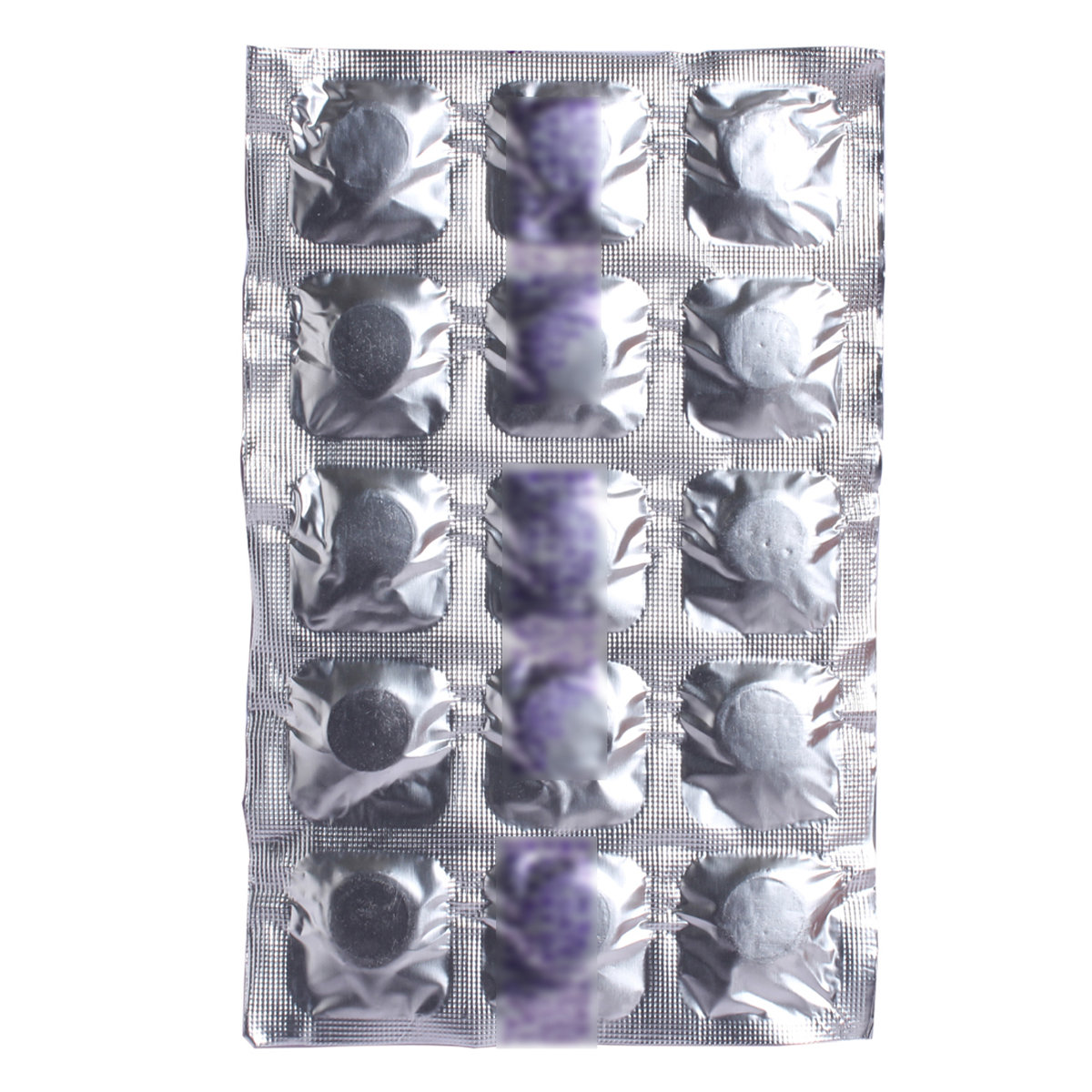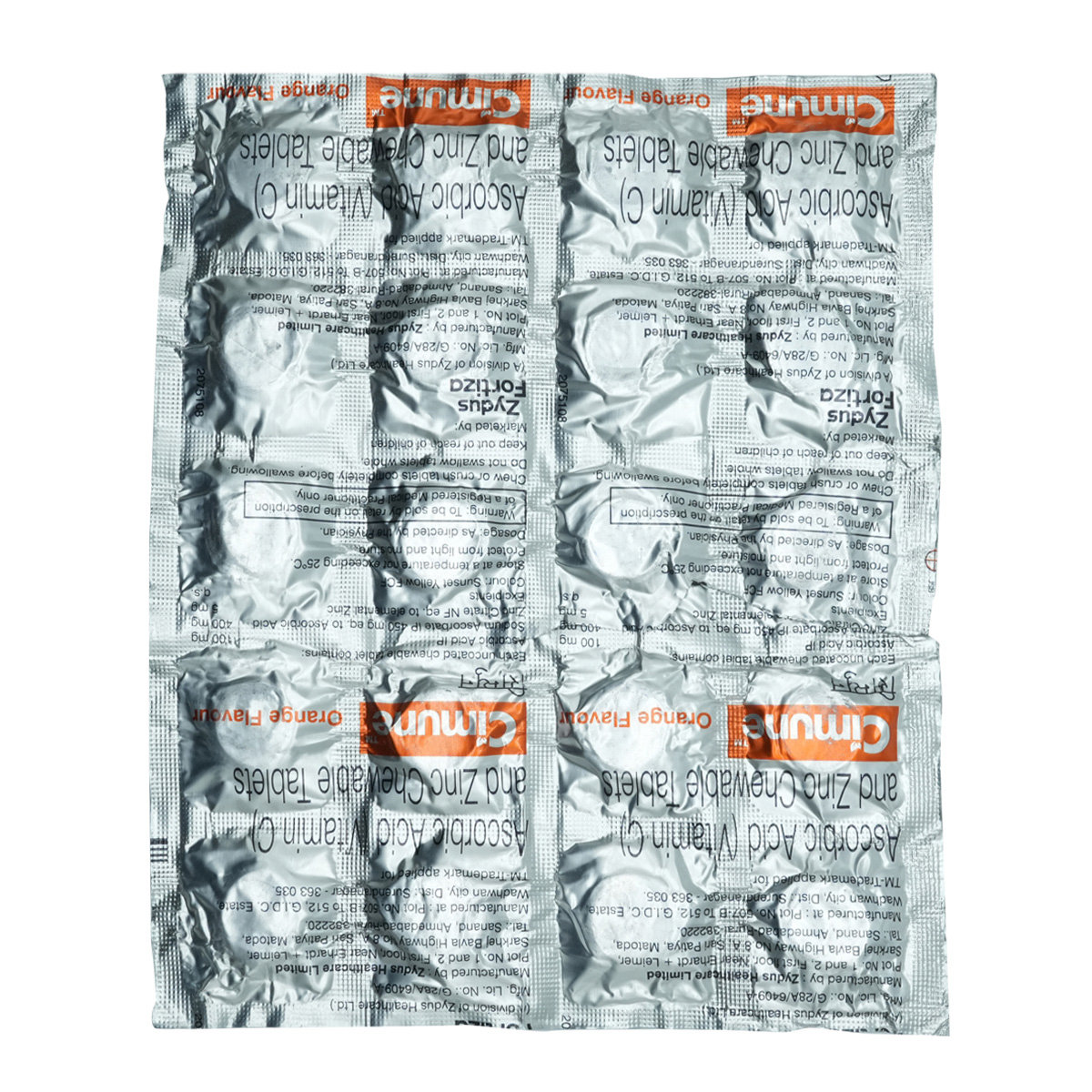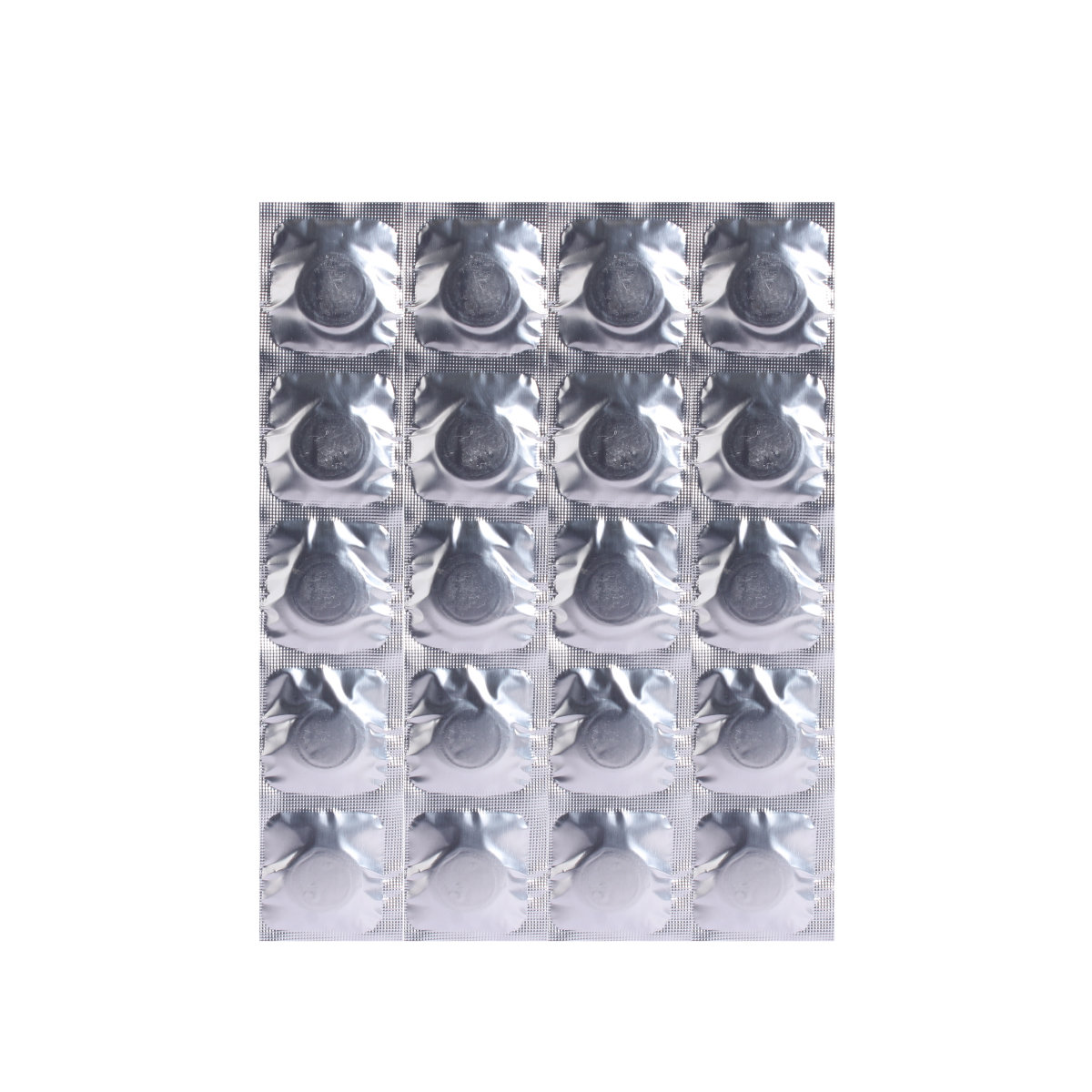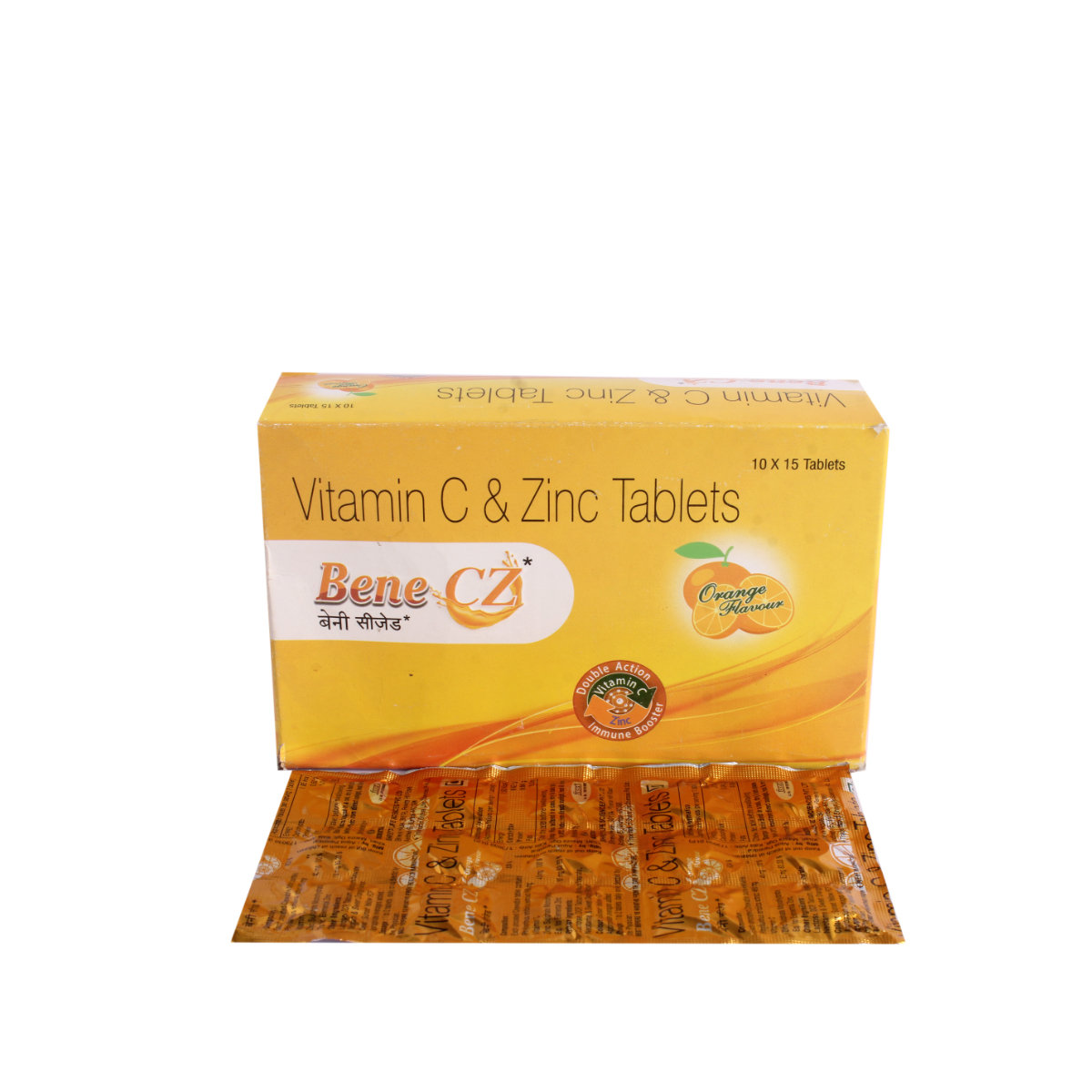Ascorbic Acid+zinc
About Ascorbic Acid+zinc
Ascorbic Acid+zinc belongs to the class of 'nutritional supplements,' primarily used to boost immunity and help the body fight against various infections. It also helps treat nutritional deficiency.
Ascorbic Acid+zinc contains Ascorbic acid (Vitamin C) and Zinc. Ascorbic acid prevents cell damage, enhances iron absorption from foods and boosts immunity. Zinc promotes the growth and development of body tissues.
Ascorbic Acid+zinc is likely safe to consume. In some cases, it may cause side effects like diarrhoea, nausea, and vomiting. If these side effects persist or worsen, please consult your doctor.
Let your doctor know if you use any suggested and non-suggested medications, including other vitamins, before starting Ascorbic Acid+zinc. Please tell your doctor if you are allergic to Ascorbic Acid+zinc or other medicines.
Uses of Ascorbic Acid+zinc
Medicinal Benefits
- Ascorbic Acid+zinc is a nutritional supplement that helps strengthen the immune system and prevent vitamin and mineral deficiencies.
- It contains Ascorbic Acid (Vitamin C) and Zinc, which play essential roles in maintaining overall health and cellular protection.
- Vitamin C acts as a powerful antioxidant that protects the body’s cells from damage and enhances the immune response against infections.
- It helps prevent deficiencies of Vitamin C and Zinc, which are vital for the body’s normal growth and functioning.
- Zinc promotes the development and regeneration of body tissues, aiding in faster healing.
- It plays a crucial role in collagen formation and the repair of damaged tissues, helping wounds heal more quickly.
- It contributes to healthy bone metabolism and supports several metabolic functions.
- It is essential for maintaining normal vision and aids in the proper functioning of taste and smell.
- Zinc helps combat rhinoviruses, which are responsible for the common cold.
Directions for Use
- Ascorbic Acid+zinc can be taken after meals to enhance its absorption.
- It is usually taken once daily or as recommended by your doctor.
- Swallow Ascorbic Acid+zinc as a whole with a glass of water.
- Do not crush or chew this medication.
Storage
Side Effects of Ascorbic Acid+zinc
- Diarrhoea
- Nausea
- Vomiting
Drug Warnings
- Let your doctor know if you are allergic to any of the components in Ascorbic Acid+zinc.
- Brief your medical history to the doctor if you have any heart/kidney/liver diseases before starting Ascorbic Acid+zinc.
- Pregnant or breastfeeding women should consult their doctor before taking Ascorbic Acid+zinc.
- It is advised to limit alcohol intake while using Ascorbic Acid+zinc.
- Ascorbic Acid+zinc is safe to use in children when suggested by the doctor.
Drug Interactions
Drug-Drug Interaction: Ascorbic Acid+zinc may interact with antacids, antibiotics (minocycline, tetracycline, demeclocycline, ciprofloxacin), antirheumatics (penicillamine), anti-cancer drugs (cisplatin), water pills (amiloride), antipsychotics (fluphenazine), HIV/AIDS medication (amprenavir, nelfinavir, ritonavir, saquinavir), cholesterol-lowering drugs (atorvastatin, fluvastatin), and anticoagulants (warfarin).
Drug-Food Interaction: It is advised to limit alcohol intake while using Ascorbic Acid+zinc.
Drug-Disease Interaction: Ascorbic Acid+zinc should be used with caution in heart, liver or kidney diseases. Please seek medical advice if you have any pre-existing medical conditions.
Drug-Drug Interactions Checker List:
Safety Advice

Alcohol
cautionIt is advised to limit the alcohol intake while using Ascorbic Acid+zinc to avail the maximum benefits of the medicine.

Pregnancy
consult your doctorDuring pregnancy, use this medicine only when advised by your doctor. Also, inform your doctor if you are planning to conceive before starting Ascorbic Acid+zinc.

Breast Feeding
consult your doctorIt is not known if Ascorbic Acid+zinc affects breastfeeding. Please consult your doctor before taking this medicine if you are a nursing mother.

Driving
safe if suggestedNo interactions were found or established.

Liver
consult your doctorLet your doctor know if you have any history of liver diseases before taking this medicine.

Kidney
consult your doctorSeek a doctor's advice before starting Ascorbic Acid+zinc if you have any kidney diseases.

Children
consult your doctorAscorbic Acid+zinc should be used in children only when advised by the doctor. The doctor will prescribe the dosage of Ascorbic Acid+zinc based on the child's age and weight.
Habit Forming
Diet & Lifestyle Advise
- Follow a well-balanced diet.
- Include dairy products like milk, yoghurt, cheese or milk-based custard in your diet.
- Eat daily a serving of broccoli, cabbage, bok choy, spinach and other green leafy vegetables.
- Include zinc-rich sources like meat, shellfish, legumes, hemp seeds, nuts, eggs, dairy products, whole grains, potatoes, kale, and dark chocolate in your diet.
- Vitamin C foods like orange juice, broccoli, strawberries, melons, and bell peppers enhance iron absorption into the body.
Special Advise
- Ascorbic Acid+zinc may interfere with lab tests. Hence, please let your doctor and the laboratory staff know that you use Ascorbic Acid+zinc before undergoing any medical examinations.
- If you take antacids along with Ascorbic Acid+zinc, it is advised to take Ascorbic Acid+zinc two hours before or four hours after taking antacids, since Vitamin C/Ascorbic acid may increase the absorption of aluminium from antacids. Also, Zinc may decrease the absorption of antibiotics and can reduce their effectiveness. Hence, it is advised to maintain at least an hour gap between Ascorbic Acid+zinc and other antibiotics.
Patients Concern
Disease/Condition Glossary
Weak immune system: A person with a weak immune system has a higher risk of developing infections frequently. Immunity is termed the capability to resist a disease/an infection by preventing the development of harmful microorganisms or counteracting its effects. People with a weak immune system are prone to various diseases like skin infections, pneumonia, autoimmune disorders, digestive issues, and anaemia. Treatment includes a well-balanced diet, regular exercise, nutritional supplements, and managing stress.
Nutritional deficiency: A nutritional deficiency occurs when the body does not absorb or get enough nutrients from food. This condition occurs when a person's nutrient intake is less than the body's recommended requirement. It can lead to various health problems like a weak immune system, skin problems, digestive problems, defective bone growth, and neurological diseases.
FAQs
Ascorbic Acid+zinc is used to boost immunity and help the body fight against various infections. It also helps treat nutritional deficiency.
Ascorbic Acid+zinc consists of Ascorbic acid and Zinc. It protects the cells from free radical damage, enhances iron absorption and boosts immunity.
Zinc deficiency occurs when you don't have enough zinc in your body. You can include natural zinc sources like meat, shellfish, legumes, hemp seeds, nuts, eggs, dairy products, whole grains, potatoes, kale, and dark chocolate in your diet for treating zinc deficiency. If you still have low levels of zinc, please consult your doctor for zinc supplements.
Zinc in Ascorbic Acid+zinc may decrease the absorption of antibiotics, thereby reducing their effectiveness. It is advised to maintain at least an hour gap between Ascorbic Acid+zinc and other antibiotics.
Vitamin C/Ascorbic acid may increase the absorption of aluminium from antacids. Hence, it is advised to take Ascorbic Acid+zinc two hours before or four hours after taking antacids.
If you miss a dose, take it as soon as you remember. However, if it is time for the next scheduled dose, skip the missed dose and follow your usual dosage.








